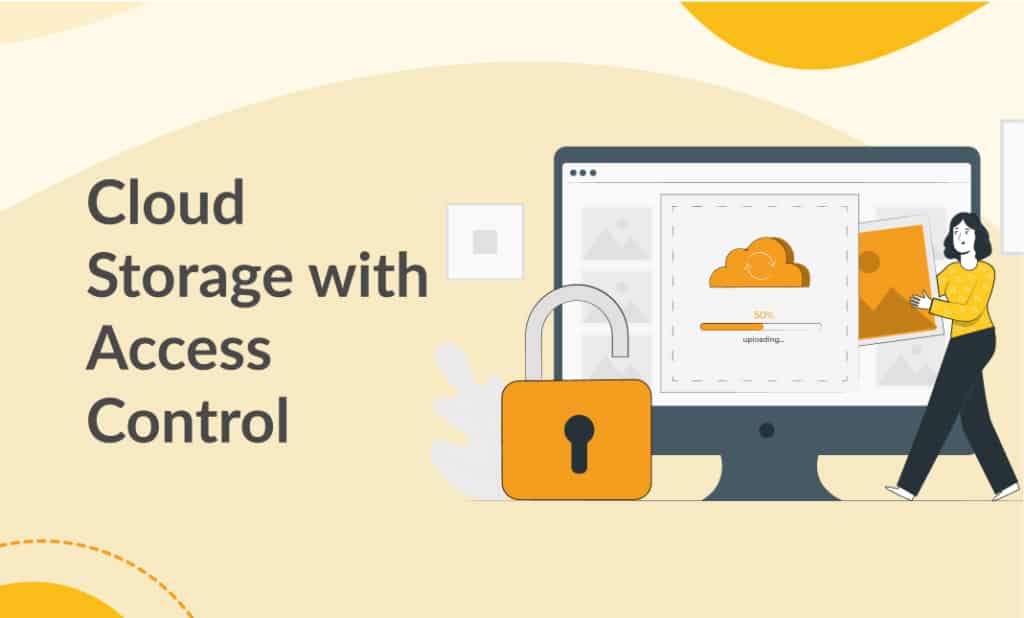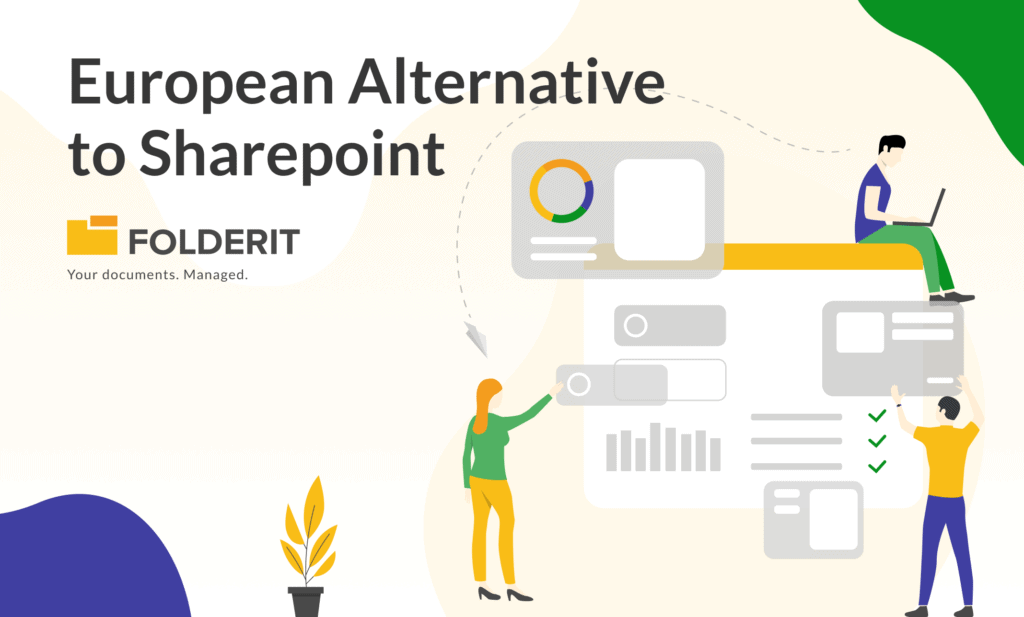Cloud storage is a marvelous thing – especially if it is decentralized to protect the data from a localized problem. Cloud storage with access control is close to miraculous when it comes to handling and managing your documents. It offers a place to back up your files, store your data objects, to even store .pdfs in a manner that is accessible. It can allow you and your staff to access your information from any location at any time – which can cut down on a lot of travel. It even offers increase security.
Why Cloud Storage Counts
Creating backups and storing documents and other digital objects is important if you use your computer for any kind of project, business or creative work. As you probably already know, all it takes is one lightning strike, one impetuous child, or one faulty hard drive to destroy months of hard work. Storing copies of your work offsite in a cloud facility takes it out of reach of well-meaning family or friends, away from pets, and separate from your local computer. In fact, industry recommendations for people who work with computers is to keep several copies of important work or data. Use cloud storage, use an external hard drive, and – of course – save your work often. Back up your valuable material daily so that you always have a current version somewhere besides on your computer. Cloud storage is out of reach of local disasters of all sorts, but not completely impervious.
Cloud Access Control
Cloud access control takes cloud storage to a new level. By placing the gateway to your information on the cloud, you facilitate your workers’ ability to help build important databases one transaction at a time. Instead of uploading information at the end of the day, information is being fed directly into your cloud storage almost as it happens. It also means that all your information is available through any digital device that can access the Internet, making it easy to answer questions about documents or transactions without the workers involved having to trek back to the office. It is easier to establish security for sensitive information, as well, because most cloud facilities use state-of-the-art encryption to protect all their files – it just makes good sense. After all, data storage and protection are their bread and butter. That often means that your information has better protection from cyber vandals than many small organizations can afford onsite.
Cloud Access Increases Flexibility
Even if you record and save most of your transactions at the local level during the day, if they are uploaded into your cloud storage daily, you can quickly and easily access data you need from just about anywhere. For example, Folderit, a well-known cloud storage company, allows users to upload their information into folders that are labeled with the various functions of their organization. By adding tags to the information, users can do a universal search of their saved items for information tagged with a certain label, but found in a variety of folders.
Reduce Security Risks
Company members who are working in certain areas can be given credentials to access specific folders, increasing the overall security of information because only the concerned parties will access specific files. According to most authorities on cyber-security, the greatest danger to information security comes from workers who are careless with passwords, rather than from cyber-attacks.
Cloud Storage with Access Control
When you use cloud storage with access control, you increase the flexibility of the way your company can manage data. You create an off-site storage and access point for your information, so no matter what sort of disaster might strike, you will always have access to your important information. You reduce the chance for cyber vandalism because your cloud storage facility is likely to have excellent encryption and other security measures in place.
Reporting Compliance
It also increases your ability to remain in compliance with various types of reports that might be required of your company, such as who accessed what file and when. Most cloud storage facilities have the means to track users and to follow the trail left by the four Ws – who, what, where and when – and that can solve a lot of information and misinformation problems.



